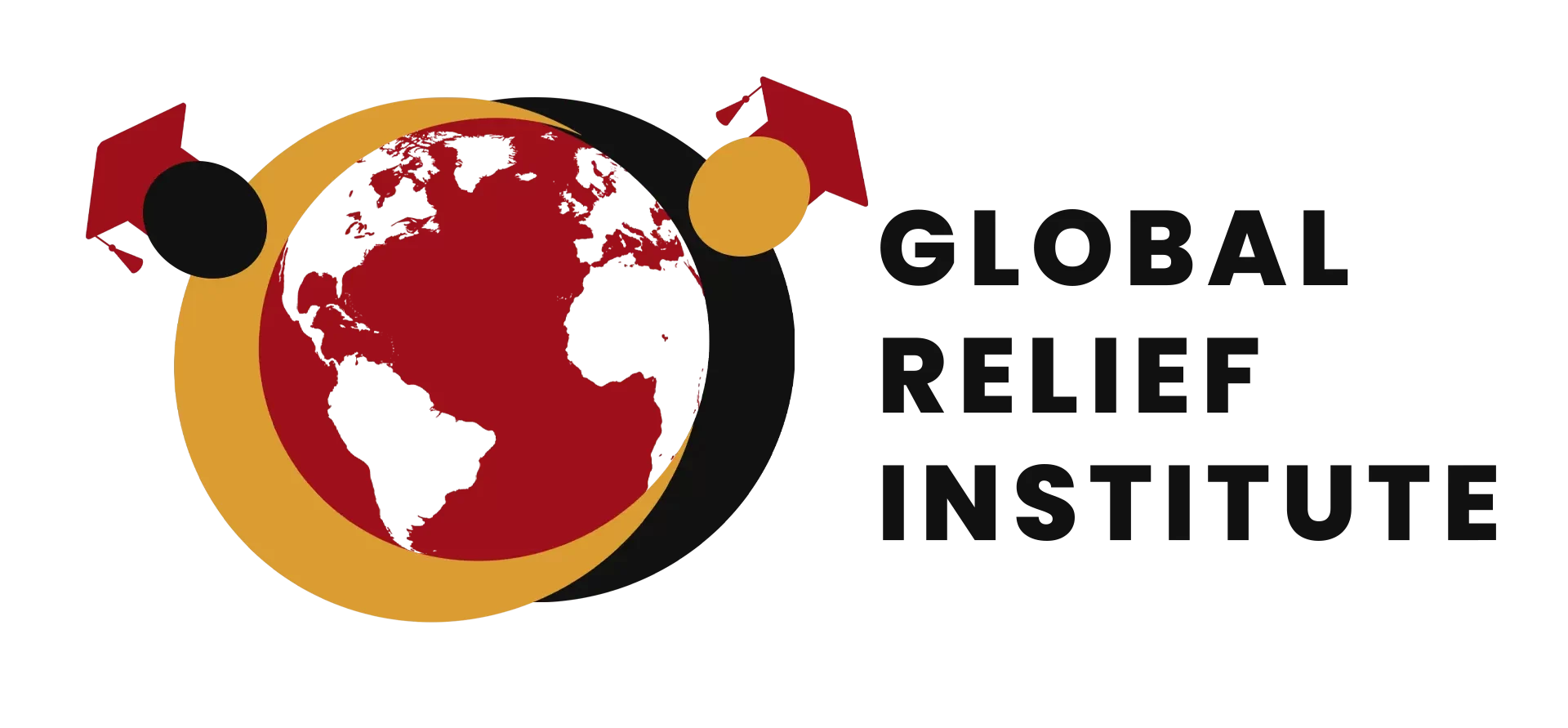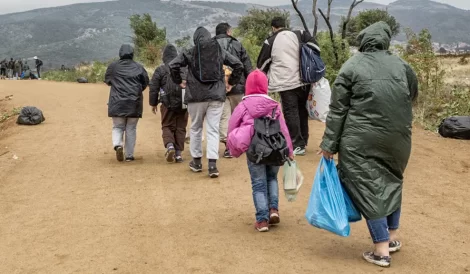Course Overview
Water, Hygiene and Sanitation (WASH) has become a critical element in development sector especially in developing countries. More than half the world’s population cannot access a toilet or running safe water making the issue a global priority. Provision of Water, Hygiene and Sanitation services is a concern of every government all over the world.
Waterborne diseases such as diarrhea are a major contributor to mortality in developing countries while provision of relief and humanitarian emergency services always have WASH component to prevent and control the spread of communicable diseases.
Water and Sanitation stakeholders are daily tasked with creating innovative interventions to increase access for WASH services. In addition, investment in the sector requires that communities adopt behavior changes through knowledge, attitude changes and practice. The outcome is reduction in communicable diseases.
Course Content
- Cultural issues in water and sanitation
- Personal Hygiene
- Institutional sanitation and hygiene
- Planning for WASH interventions
- Community involvement and public awareness in water and sanitation
- Food borne diseases and disease outbreaks
- Water and Public Health
- Environmental health hazards
- Environmental health and managing pollution
- Risks in the transmission of communicable diseases
- Environmental health planning and interventions
- Water emergencies including treatment, storage, and handling of drinking water
- Technologies available to provide safe drinking water and sanitation facilities
- Water Supply and Urban Water
- Sanitation and Waste Management
- Disposing Solid Waste
- Emergency Sanitation
- Evaluating the effectiveness of WASH programs
Assignments
In order to demonstrate their understanding of the course content, students will be required to complete and submit three assignments.
DURATION: 6 Months
REGIONS TARGETED: Global
COURSE FEE: €1000
ORGANIZERS: GRI
LANGUAGE: English and French
FORMAT: Online Learning
GENERAL COURSE CONTACT:



